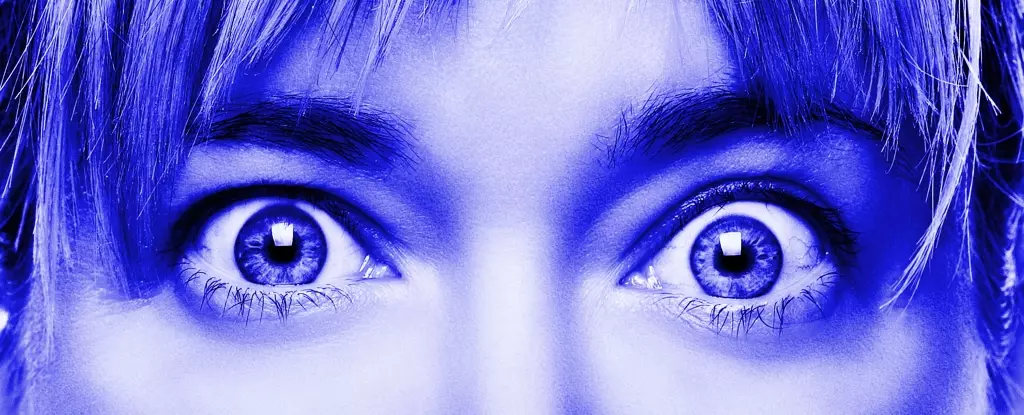Jamais vu, a phenomenon less commonly known than its counterpart, deja vu, presents itself as the unsettling feeling of unfamiliarity towards something that should be recognized. While deja vu tricks the mind into falsely perceiving familiarity, jamais vu disrupts the sense of recognition altogether, leading to confusion and disorientation. Our perception of the world around us is heavily influenced by the concept of repetition, as seen in the strange and uncanny experiences of jamais vu.
In our recent research, we delved into the mechanisms behind jamais vu, sparking a deeper understanding of this rare phenomenon. Unlike deja vu, which is often characterized as a glitch in memory processing, jamais vu challenges our comprehension of reality itself. Imagine gazing at a familiar face and suddenly feeling a sense of alienation or encountering a routine task that suddenly feels foreign. These instances of jamais vu disrupt the norm and force us to question the stability of our perceptions.
The unsettling nature of jamais vu is often triggered by repetition, demonstrating the fragility of our cognitive processes. By repeatedly exposing individuals to the same stimulus, we found that the meaning behind familiar words begins to dissolve, leading to a state of confusion and discomfort. This loss of meaning and transformation of perception highlight the delicate balance between automaticity and awareness in our minds.
Our research sheds light on the underlying mechanisms of jamais vu and its implications for cognitive science. The feeling of unreality experienced during jamais vu serves as a reality check, reminding us to break free from automatic processes and maintain cognitive flexibility. By understanding the phenomenon of jamais vu, we gain valuable insights into how our minds navigate repetitive tasks and maintain a sense of reality in a complex world.
Further exploration of jamais vu may offer valuable insights into conditions such as obsessive-compulsive disorder (OCD), where repetitive behaviors and compulsions can lead to distortions in reality. By recognizing the impact of repetition on perception, we can develop more effective strategies for managing OCD symptoms and promoting mental well-being. Jamais vu serves as a reminder of the importance of staying mindful and present in our daily lives.
The phenomenon of jamais vu offers a fascinating window into the intricate workings of the human mind. By exploring the effects of repetition on perception, we can gain a deeper understanding of how our brains process familiar stimuli and navigate the complexities of our environment. Jamais vu challenges our assumptions about reality and invites us to question the foundations of our perceptions. As we strive to unravel the mysteries of jamais vu, we pave the way for new discoveries and insights in the field of cognitive science.

Leave a Reply